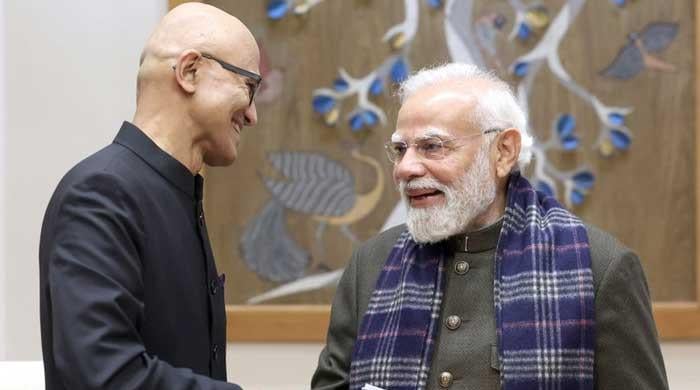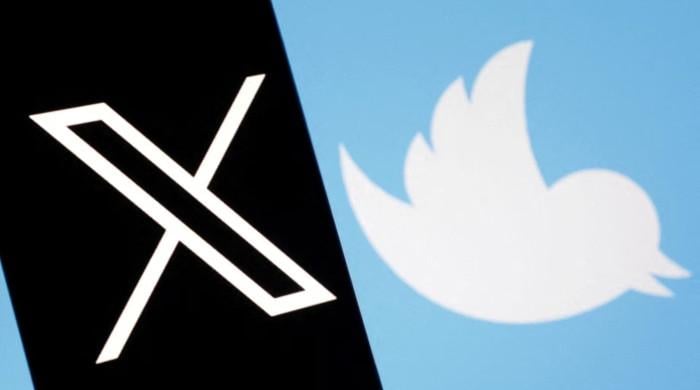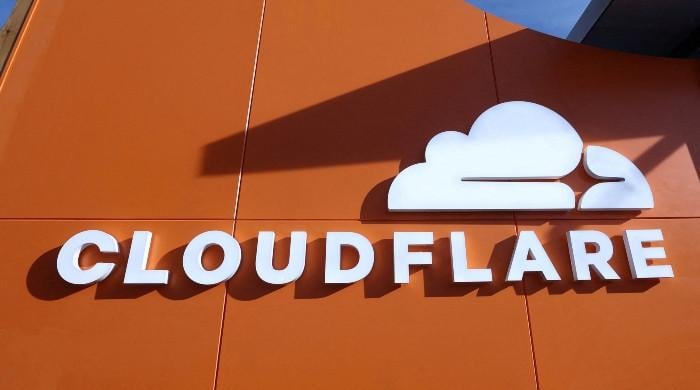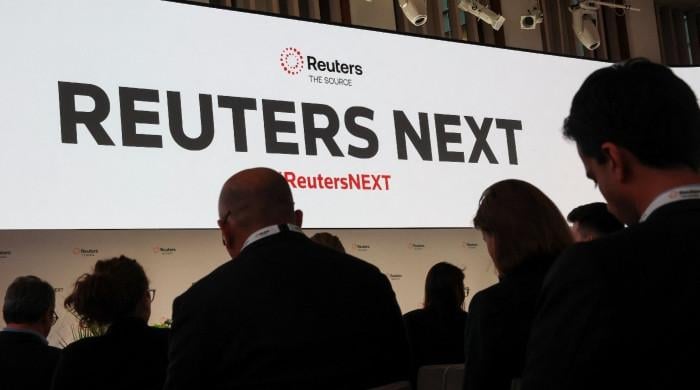Historic! Commercial lunar rocket Vulcan Centaur launched towards moon
This marks first commercial lander aiming to touch down on moon and US' first lunar landing mission since 1972
January 08, 2024
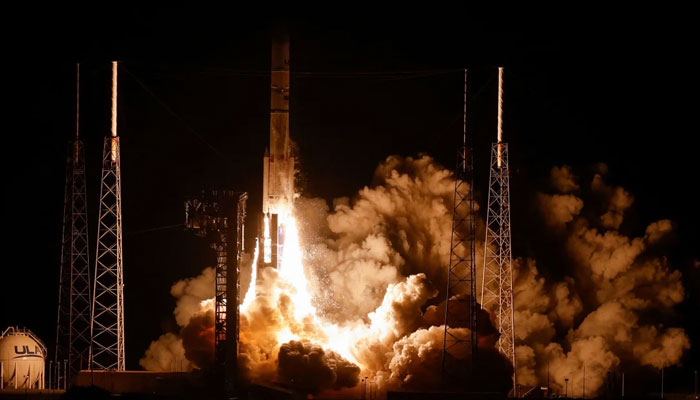
A towering and unprecedented Vulcan Centaur rocket, developed by United Launch Alliance, successfully took flight from Cape Canaveral Space Force Station in Florida, carrying the potentially groundbreaking Peregrine lunar lander.
According to CNN, this marks the first commercial lander aiming to touch down on the moon and the United States' first lunar landing mission since 1972.
The Peregrine, developed by Astrobotic Technology under a $108 million contract with NASA, is set to make history by landing on the moon on February 23, if all goes according to plan.
The momentous launch was witnessed in a webcast where Astrobotic CEO John Thornton expressed his excitement, highlighting the 16-year journey to reach this pivotal moment.
Nasa's involvement in the mission extends beyond Peregrine's development funding. Among the 20 payloads Peregrine carries, five are Nasa science instruments, focusing on radiation monitoring and lunar soil analysis.
The remaining 15 payloads include contributions from various nations, a UK-based robotics experiment, and unique items from the German shipping company DHL.
Controversially, Peregrine is transporting human remains on behalf of commercial space burial companies, Elysium Space and Celestis.
This move has sparked opposition from the Navajo Nation, the largest group of Native Americans, who view the moon as sacred.
Despite the controversy, Celestis is offering a unique service to carry ashes to the moon, with prices starting at over $10,000.
Accompanying the Peregrine lander on the Vulcan Centaur rocket is another payload from Celestis, named the Enterprise Flight.
This payload contains 265 capsules with human remains and DNA samples, including those of former US presidents and individuals from various walks of life. The Enterprise Flight is destined for deep space, where it will orbit the sun for eternity.
Beyond the lunar mission's scientific and symbolic significance, the launch of ULA's Vulcan Centaur rocket is a noteworthy event. With approximately 70 missions already lined up, the success of Vulcan Centaur could potentially revolutionise ULA's position in the competitive launch industry.
The rocket, envisioned to replace ULA's Atlas and Delta rockets, features a significant change in its first stage, using two US-made rocket engines developed by Blue Origin, funded by Jeff Bezos.
Despite delays in its development, including setbacks related to engine delays and a destroyed upper stage during testing, ULA's CEO, Tory Bruno, expressed confidence in the orderly and well-executed progress of the Vulcan Centaur program.
As the rocket soared through the skies, early indications suggested it was operating as intended, marking a promising start to its mission.




